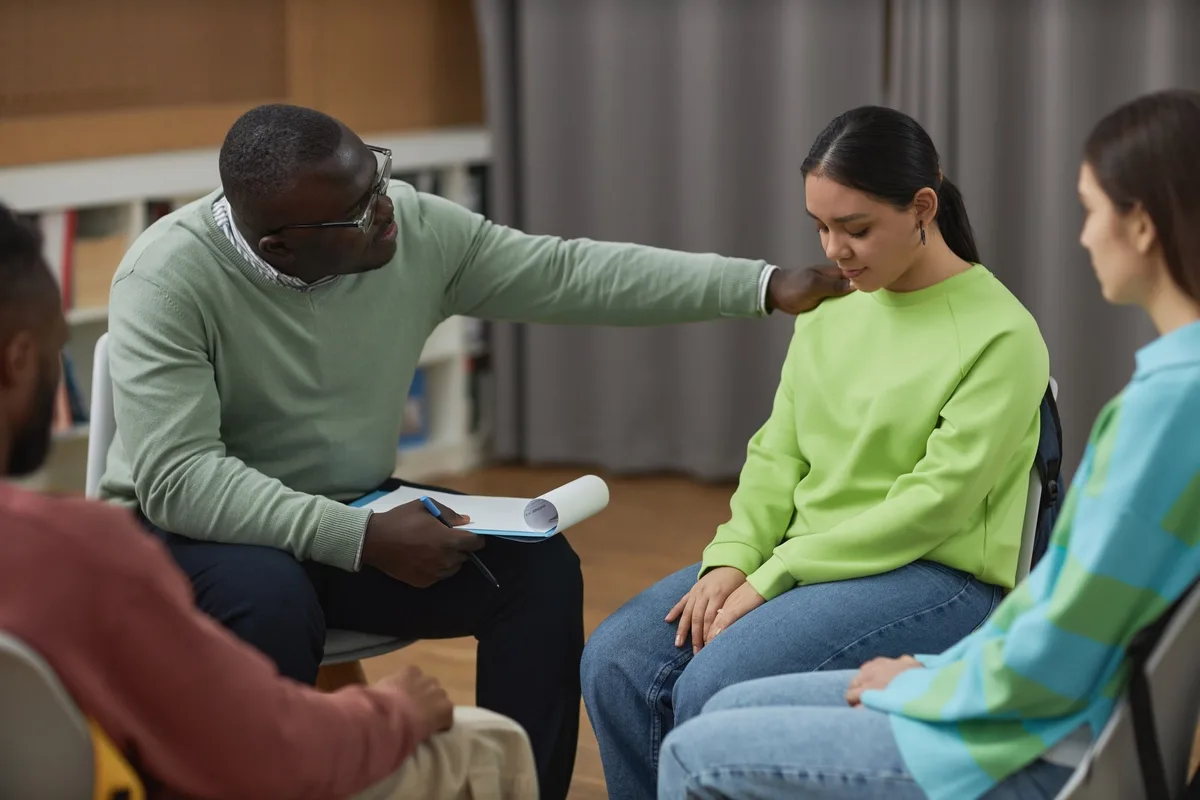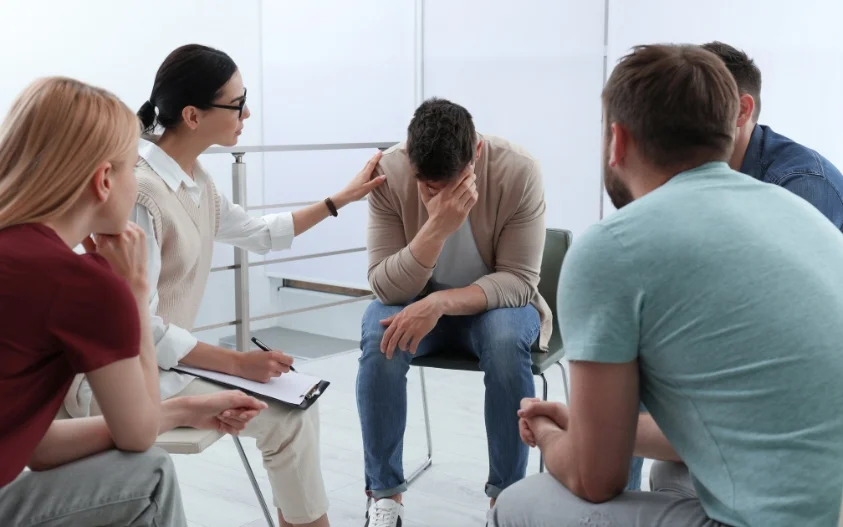24/7 Helpline:
(866) 899-221924/7 Helpline:
(866) 899-2219
Learn more about Opioid Rehab centers in Blaine County

Other Insurance Options

Group Health Incorporated

Evernorth

CareFirst

Kaiser Permanente

Magellan

Cigna

Excellus

Choice Care Network

Anthem

United Health Care

Private insurance

Sutter

Lucent

Health Partners

Coventry Health Care

Ceridian

EmblemHealth

Health Choice

ComPsych

Oxford

Red Rock Behavioral Health Services
Red Rock Behavioral Health Services is a private rehab located in Watonga, Oklahoma. Red Rock Behavi...






















































YouthCare of Oklahoma
YouthCare of Oklahoma is an outpatient clinic that provides mental health and substance use treatmen...




















